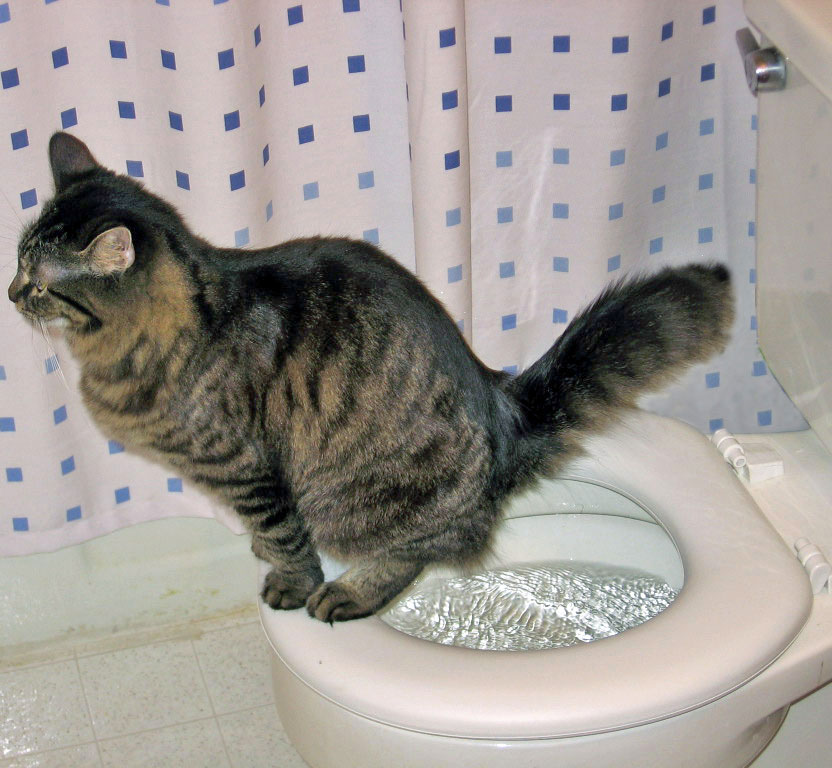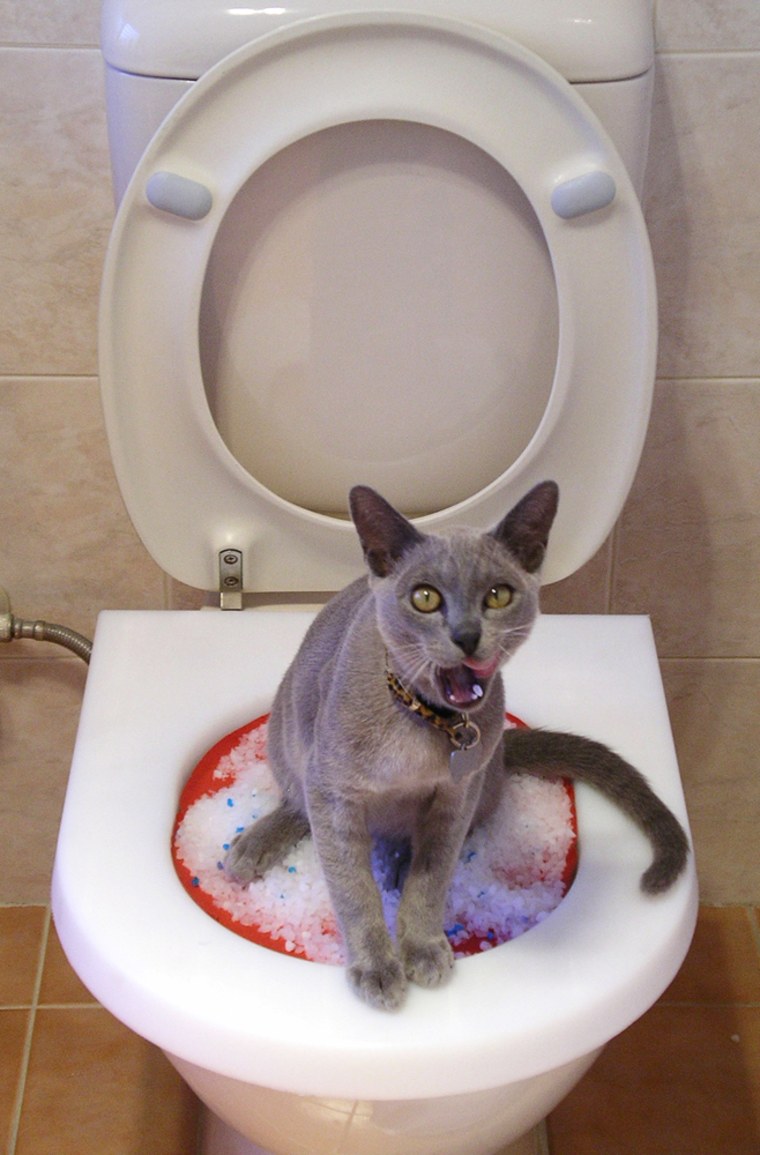Hazards of Flushing Cat Poop Down Your Toilet - Prevent Potential Problems
Hazards of Flushing Cat Poop Down Your Toilet - Prevent Potential Problems
Blog Article
This great article following next about How to Dispose of Cat Poop and Litter Without Plastic Bags is exceptionally captivating. Check it out for your own benefit and decide what you think about it.

Introduction
As cat proprietors, it's essential to bear in mind how we deal with our feline pals' waste. While it may appear practical to purge cat poop down the commode, this practice can have detrimental effects for both the setting and human health and wellness.
Ecological Impact
Flushing pet cat poop presents dangerous pathogens and bloodsuckers into the water supply, presenting a considerable threat to aquatic communities. These impurities can adversely influence aquatic life and concession water quality.
Health Risks
In addition to environmental concerns, flushing pet cat waste can additionally posture wellness dangers to people. Cat feces might include Toxoplasma gondii, a parasite that can cause toxoplasmosis-- a possibly serious illness, especially for pregnant females and individuals with weakened immune systems.
Alternatives to Flushing
The good news is, there are safer and extra accountable methods to deal with pet cat poop. Consider the adhering to options:
1. Scoop and Dispose in Trash
One of the most common technique of taking care of cat poop is to scoop it into a naturally degradable bag and throw it in the garbage. Make certain to make use of a dedicated litter scoop and throw away the waste quickly.
2. Use Biodegradable Litter
Choose biodegradable feline litter made from materials such as corn or wheat. These clutters are eco-friendly and can be safely disposed of in the trash.
3. Bury in the Yard
If you have a yard, consider burying cat waste in a designated location far from veggie gardens and water sources. Make certain to dig deep adequate to stop contamination of groundwater.
4. Set Up a Pet Waste Disposal System
Invest in a pet garbage disposal system especially developed for cat waste. These systems make use of enzymes to break down the waste, minimizing odor and ecological effect.
Final thought
Liable family pet possession prolongs past offering food and sanctuary-- it also entails proper waste monitoring. By refraining from purging feline poop down the commode and selecting alternate disposal approaches, we can reduce our environmental footprint and safeguard human wellness.
Why You Should Never Flush Cat Poop Down the Toilet
A rose by any other name might smell as sweet, but not all poop is created equal. Toilets, and our sewage systems, are designed for human excrement, not animal waste. It might seem like it couldn’t hurt to toss cat feces into the loo, but it’s not a good idea to flush cat poop in the toilet.
First and foremost, assuming your cat uses a litter box, any waste is going to have litter on it. And even the smallest amount of litter can wreak havoc on plumbing.
Over time, small amounts build up, filling up your septic system. Most litter sold today is clumping; it is made from a type of clay that hardens when it gets wet. Ever tried to scrape old clumps from the bottom of a litter box? You know just how cement-hard it can get!
Now imagine just a small clump of that stuck in your pipes. A simple de-clogger like Drano isn’t going to cut it. And that means it’s going to cost you big time to fix it.
Parasitic Contamination
Believe it or not, your healthy kitty may be harboring a nasty parasite. Only cats excrete Toxoplasma in their feces. Yet it rarely causes serious health issues in the cats that are infected. Most people will be fine too if infected. Only pregnant women and people with compromised immune systems are at risk. (If you’ve ever heard how women who are expecting are excused from litter cleaning duty, Toxoplasma is why.)
But other animals may have a problem if infected with the parasite. And human water treatment systems aren’t designed to handle it. As a result, the systems don’t remove the parasite before discharging wastewater into local waterways. Fish, shellfish, and other marine life — otters in particular — are susceptible to toxoplasma. If exposed, most will end up with brain damage and many will die.
Depending on the species of fish, they may end up on someone’s fish hook and, ultimately on someone’s dinner plate. If that someone has a chronic illness, they’re at risk.
Skip the Toilet Training
We know there are folks out there who like to toilet train their cats. And we give them props, it takes a lot of work. But thanks to the toxoplasma, it’s not a good idea.

Hopefully you enjoyed reading our part about Can You Flush Cat Poop Down The Toilet?. Thank you for finding the time to read our short article. Sharing is caring. You won't know, you may just be doing someone a favor. Thanks for your time. Don't hesitate to check up our blog back soon.
Estimating Report this page